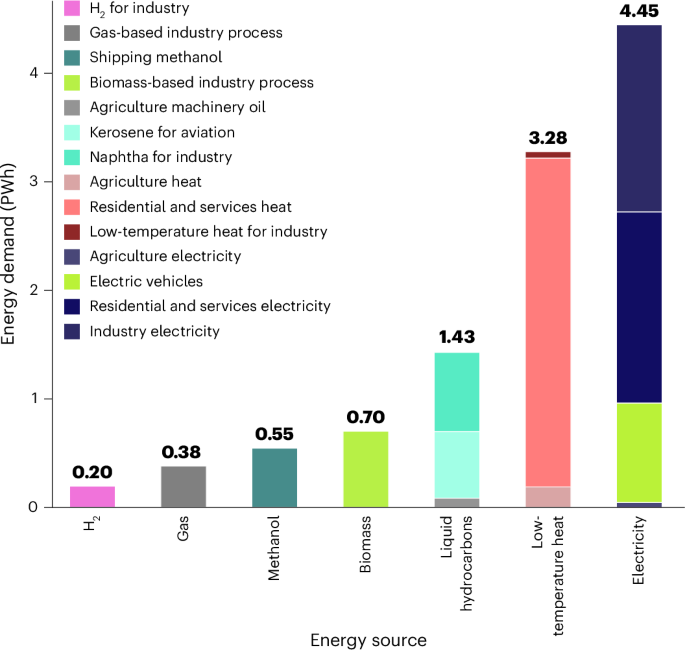This site uses cookies. By continuing to browse the site you are agreeing to our use of cookies.
All
Autoblog
Autocar RSS Feed
Automotive News Breaking News Feed
Automotive World
Autos
Electric Cars Report
Jalopnik
Automotive News | AM-online
Speedhunters
The Truth About Cars
India business win: ZF secures significant or...
Apr 16, 2025 0
Infineon introduces new generation of powerfu...
Apr 16, 2025 0
All
All Stories
All Stories
BioPharma Dive - Latest News
Breaking World Pharma News
Drugs.com - Clinical Trials
Drugs.com - FDA MedWatch Alerts
Drugs.com - New Drug Approvals
Drugs.com - Pharma Industry News
FDA Press Releases RSS Feed
Federal Register: Food and Drug Administration
News and press releases
Pharmaceuticals news FT.com
PharmaTimes World News
Stat
What's new
Minutes of the CVMP meeting 11-13 March 2025
Apr 16, 2025 0
Potential Alzheimer's disease therapeuti...
Apr 13, 2025 0
New study reveals how tumors hijack key nutri...
Apr 10, 2025 0
Alternative approach to Lyme disease vaccine ...
Apr 10, 2025 0
Researchers find key to treating painful dry ...
Apr 10, 2025 0
Minutes of the CVMP meeting 11-13 March 2025
Apr 16, 2025 0
All
Breaking DefenseFull RSS Feed – Breaking Defense
DefenceTalk
Defense One - All Content
Military Space News
NATO Latest News
The Aviationist
War is Boring
War on the Rocks
NATO reaffirms its steadfast commitment to se...
Apr 15, 2025 0
NATO Deputy Secretary General meets the Chair...
Apr 15, 2025 0
NATO Secretary General meets the Chair and me...
Apr 14, 2025 0
Allies practise coordination of mutual cyber ...
Apr 14, 2025 0
All
Advanced Energy Materials
CleanTechnica
Energy | FT
Energy | The Guardian
EnergyTrend
Nature Energy
NYT > Energy & Environment
PV-Tech
RSC - Energy Environ. Sci. latest articles
Utility Dive - Latest News
Zn2+ Mediator with Ultrahigh Capacity over 8 ...
Apr 15, 2025 0
Influence of Diffusion Field Alterations on R...
Apr 15, 2025 0
Understanding the Metal‐Center Mediated Adsor...
Apr 15, 2025 0
Engineering Orbital Hybridization in Advanced...
Apr 15, 2025 0
- Contact
- Agriculture
- Automotive
- Beauty
-
Biopharma
- All
- All Stories
- All Stories
- BioPharma Dive - Latest News
- Breaking World Pharma News
- Drugs.com - Clinical Trials
- Drugs.com - FDA MedWatch Alerts
- Drugs.com - New Drug Approvals
- Drugs.com - Pharma Industry News
- FDA Press Releases RSS Feed
- Federal Register: Food and Drug Administration
- News and press releases
- Pharmaceuticals news FT.com
- PharmaTimes World News
- Stat
- What's new
- Defense
- Energy & Water
- Fashion
- Food & Beverage
- Healthcare
- Legal
- Manufacturing
- Luxury
- Medical Devices
- Mining
- Real Estate
- Retail
- Science Journals
- Transport & Logistics
- Travel & Hospitality














































































































































































